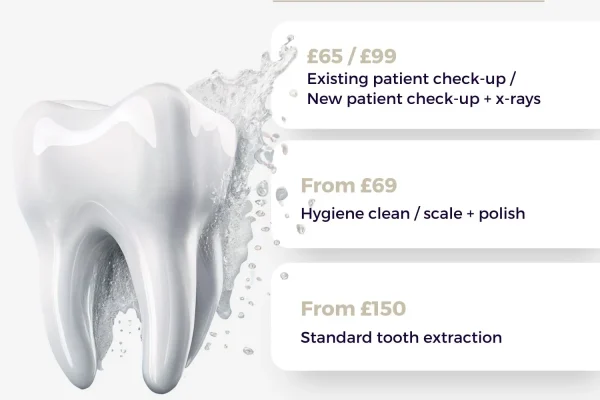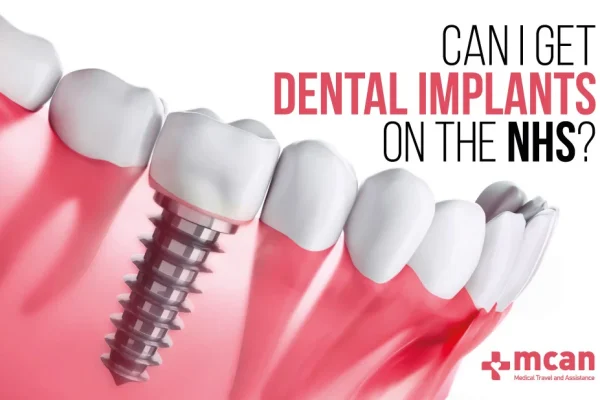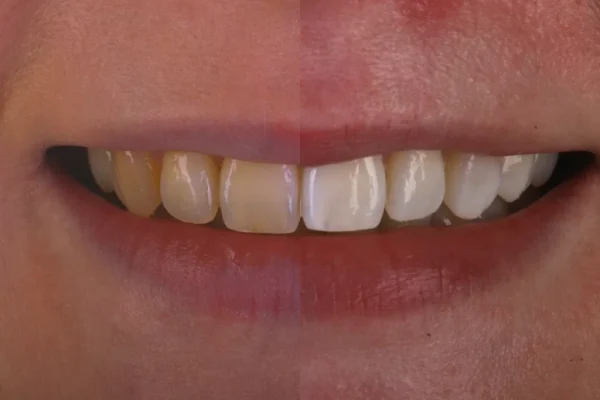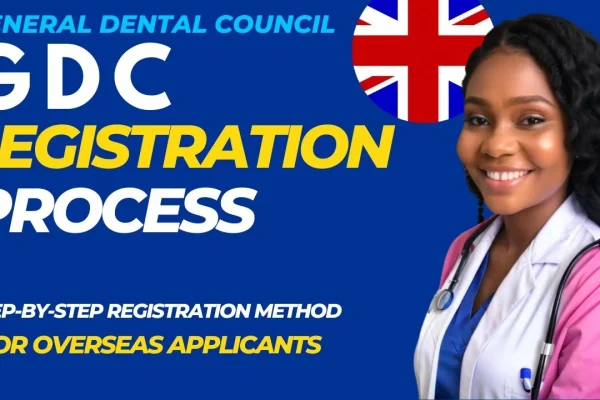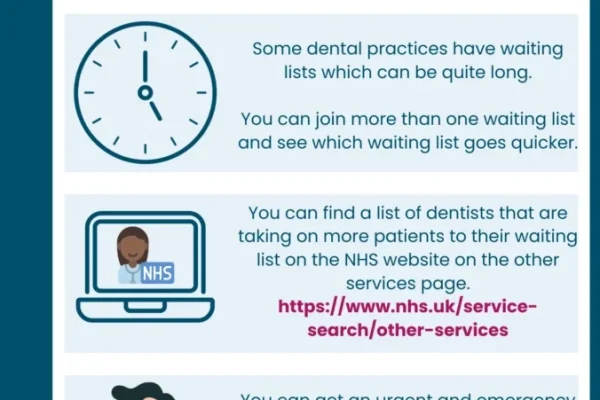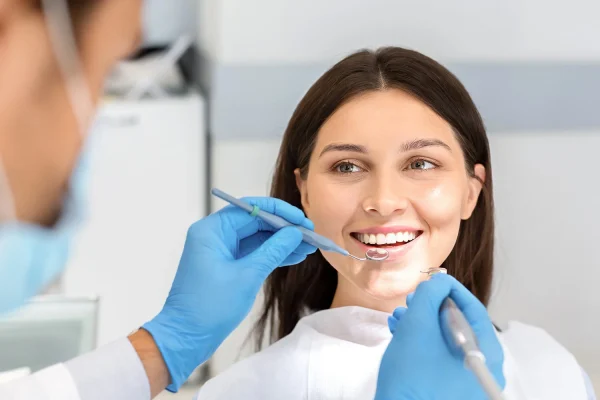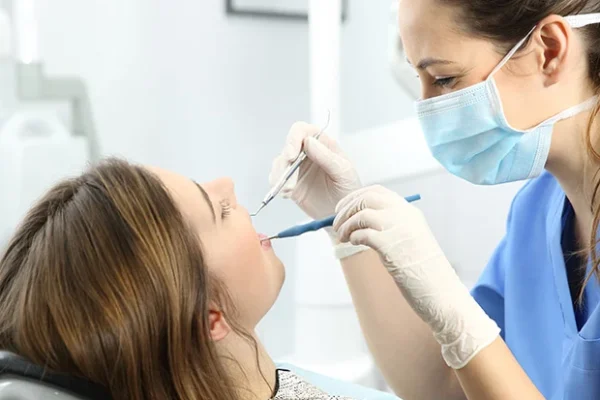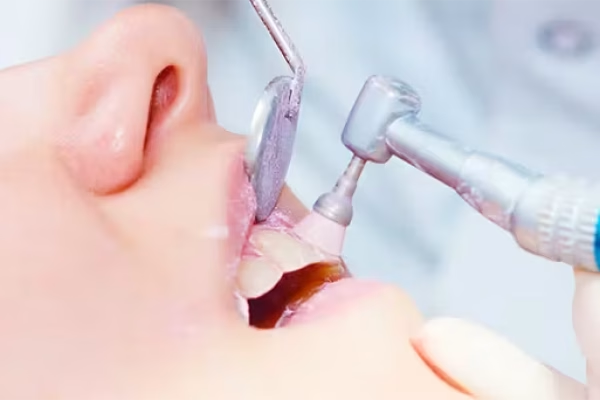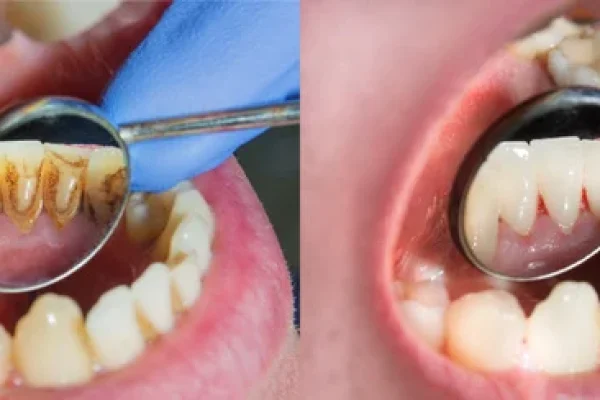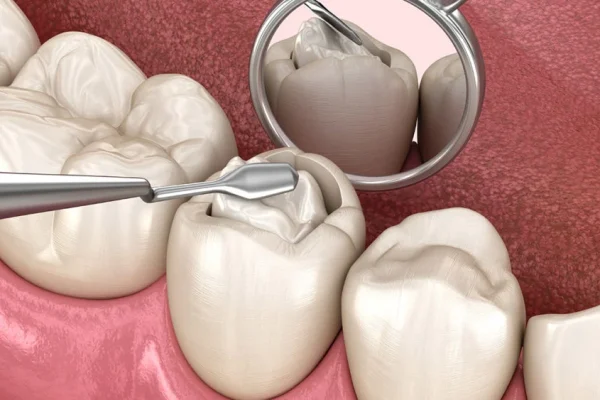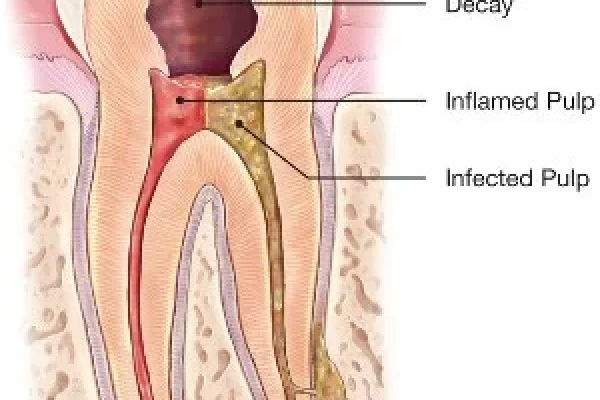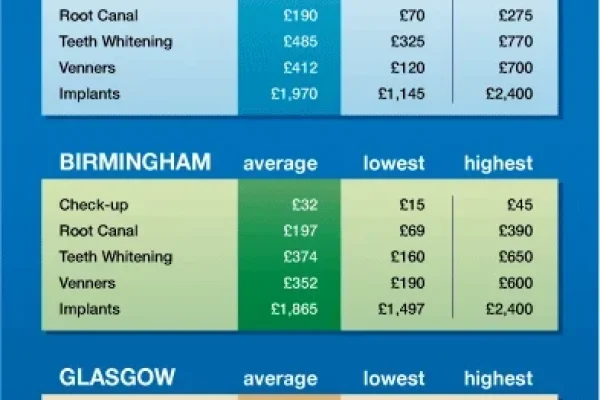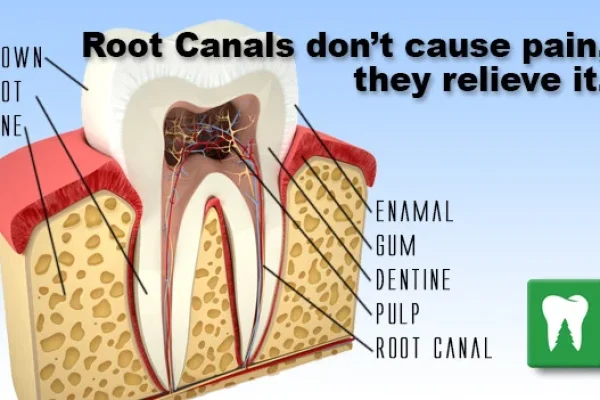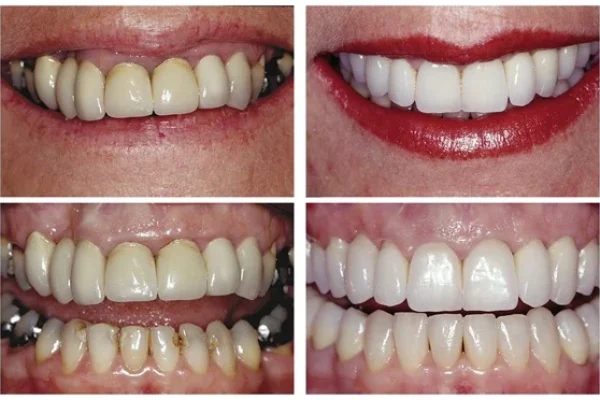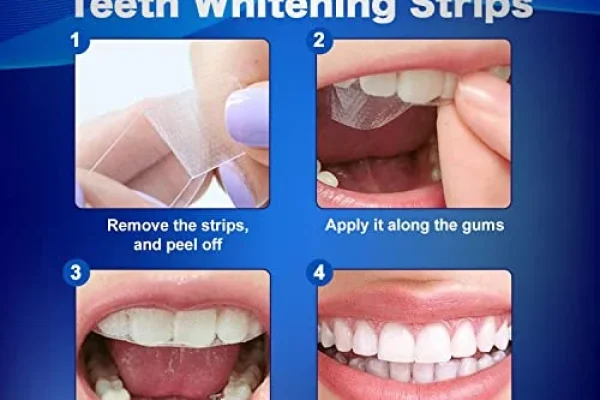
Key Takeaways
-
- Routine dentist appointments are vital for preventive care and catching issues early.
-
- Booking options include online systems, phone calls, and specific procedures for emergencies.
-
- Finding a dentist involves location-based searches and understanding options like NHS in the UK or private practices.
-
- Preparing for your visit includes basic hygiene, gathering necessary documents, and managing anxiety.
- Expect a cleaning and exam at a routine appointment; first visits and deep cleanings have specific procedures.
What is a dentist appointment and why is it essential?
Let’s cut to the chase: a dentist appointment is fundamentally a dedicated slot of time you set aside to ensure the complex ecosystem inside your mouth is functioning correctly. It’s more than just a peek-and-poke session; it’s about proactive health management. The fundamental purpose of a dentist or dental appointment leans heavily into preventive care and ongoing oral health maintenance. Think of it as a crucial service for your smile’s infrastructure. These visits are designed to catch potential issues – like cavities, gum disease, or even oral cancer – long before they escalate into painful, costly, and time-consuming problems. Defining what visiting the dentist means can range from a routine general check-up and professional cleaning, which is the bedrock of preventive dentistry, to specific treatment appointments addressing identified issues like filling a cavity, performing a root canal, or extracting a troublesome tooth.
Now, let’s address a common linguistic query that pops up with surprising frequency: which is correct, “dental appointment” or “dentist appointment”? This isn’t exactly a philosophical quandary, nor is it the kind of linguistic tightrope walk that keeps grammarians up at night. The truth is, both terms are widely used, perfectly understood, and essentially interchangeable in common parlance. You’re booking an appointment with the dentist (the person) for dental work (the service). So, whether you say “I have a dentist appointment later” or “I need to schedule a dental appointment,” you’re communicating the same clear intent: you’re seeking professional oral healthcare. Neither is inherently more “correct” than the other; it simply comes down to personal preference or regional idiom. The critical takeaway isn’t the specific phrasing, but the action itself – scheduling and attending that crucial visit. Briefly touching upon the importance of regular visits, often recommended every six months, cannot be overstated. These routine check-ups allow your dental professional to monitor changes, offer tailored advice on hygiene, and catch issues early, making treatment far simpler and less invasive. Skipping these appointments might seem harmless in the short term, but it significantly increases the risk of developing serious oral health problems down the line. It’s a small investment of time for potentially massive returns in health and comfort. So, regardless of whether you call it a “dental appointment” or a “dentist appointment,” make it a priority. Your future self (and your wallet) will thank you.
How to book a dentist appointment: Methods and Options
Gone are the days when scheduling a trip to the dentist felt like navigating a labyrinth of busy signals and cryptic receptionist schedules. Today, the landscape of booking a dentist appointment is far more accessible, offering a range of methods and options designed to fit your busy life. At its core, it’s about initiating contact with a dental practice and finding a mutually suitable time slot. Whether you’re a digital native or prefer the human touch, there’s a pathway for you. We’ll give an overview of the various ways individuals can schedule their visit, moving from the cutting-edge convenience of online systems to the tried-and-true method of picking up the phone. The introduction of online booking systems has been a significant leap forward, transforming the process from a potential chore into something you can handle quickly and efficiently, often outside of traditional business hours. This seismic shift in how we interact with healthcare providers makes booking a dentist appointment online incredibly appealing for those juggling work, family, and other commitments.
Let’s unpack how to book dentist appointment online. The process is typically straightforward, designed for user-friendliness. Most clinics offering online booking will have a prominent button or link on their website, often labelled with direct calls to action like “book dental appointment,” “book dentist appointment,” or simply “Book Now.” Clicking through usually takes you to a dedicated platform or integrated system. Here, you’ll select whether you’re a new or existing patient, choose the type of appointment needed (e.g., check-up, cleaning, specific issue), view available dates and times, and select the slot that works best for you. Keywords like “dentist book appointment online,” “dentist appt online,” “book a dentist appointment online,” and “dentist appointment online booking” are the terms people use to find these convenient portals. The benefits are numerous: 24/7 availability means you’re not restricted to calling during office hours; instant confirmation removes the waiting game; and the ability to see multiple time slots at once allows for easier scheduling. You might even see echoes of competitor titles related to online booking/scheduling like “Schedule an Appointment” or prompts urging you to “Book Your Appointment Today” and “Book and manage visits on the go,” illustrating the widespread adoption and expected functionality of these digital tools.
While online methods offer unparalleled convenience, traditional methods like calling the clinic remain a perfectly viable and often preferred option for many. What to say when you call to book a dentist appointment? Keep it simple and clear. Your opening line can be as direct as, “Hello, I’d like to schedule a dental appointment.” Explain the purpose of the call – whether you’re a new patient needing a first visit or an existing one due for a check-up or follow-up. You’ll likely be asked about the reason for the visit (routine, pain, cleaning, etc.) and your availability. Having a few preferred dates and times in mind before you call can speed up the process. Mastering how do you say I need an appointment? is just about being articulate and prepared with your information.
Now, can you text a dentist for an appointment? This is less universally available than online booking or calling, but it’s becoming more common, especially for appointment confirmations or quick queries. Some modern practices integrate text messaging services, allowing you to text to ask for an appointment or respond to availability options. It depends entirely on the specific dental practice’s communication systems. If they offer it, they will likely advertise it or provide instructions.
Finally, let’s talk about the elephant in the room – booking an emergency dentist appointment. Dental emergencies are situations requiring immediate attention to stop bleeding, alleviate severe pain, or save a tooth. These can include knocked-out teeth, severe toothaches, abscesses, or traumatic injuries. How to find and book appointments with emergency dentists often involves calling practices directly, many of whom reserve slots for urgent cases or have out-of-hours services. Searching “Emergency Dentist” online is a key strategy, and many practices advertise 24/7 dental care or explain how their same-day emergency dental appointments work. Don’t hesitate to state clearly that you are experiencing a dental emergency when you contact a clinic. They are equipped to handle these situations and prioritize patients in distress. Regardless of the method you choose – online, phone, text, or emergency line – taking that first step is the most important part of ensuring your oral health is on track.
Finding the right dentist appointment near you?
Okay, you’re sold on the importance of the visit, and you’re armed with the knowledge of how to book. But where do you actually go? Finding the right dentist appointment near you is the crucial next step. It’s not just about convenience – though proximity certainly helps – it’s also about finding a practice that meets your specific needs, whether that’s based on location, services offered, insurance accepted, or availability. Discussing strategies for locating dental practices based on geographical proximity is key in a world where convenience often dictates compliance. Nobody wants to trek across town with a toothache or for a routine cleaning if they don’t have to.
The most straightforward approach involves leveraging the power of location-based search terms. How to find dentist appointment near me? It’s as simple as typing exactly that into your preferred search engine or map application. Using phrases like “dentist appointment near me” and “dental appointment near me” will yield a list of practices within your vicinity. Don’t stop there; you can refine your search further by specifying the type of service you might need, especially if you’re not due for a full check-up but perhaps suspect a cavity or need a cleaning. Suggesting searches for specific services like “dental check up near me” or “dental exams near me” can help narrow down options to practices offering the specific care you require at that moment. Websites like LocalMed exist specifically to help you Find a Dentist and Schedule Online, aggregating information from multiple practices to make the search and booking process seamless.
For readers in the UK, navigating the National Health Service (NHS) can feel like a separate challenge. How to find an NHS dentist? The official NHS website is your primary resource. It provides a search tool that allows you to look for NHS dentists by postcode. The process specific to the NHS system involves finding a practice that is currently accepting new NHS patients, which can sometimes be a hurdle due to high demand. Once you find a practice, you’ll need to contact them directly to inquire about registering and booking an appointment.
What happens if you cannot get an NHS dental appointment? This is a common predicament in certain areas. The official NHS guidance often suggests contacting NHS 111 for urgent issues or trying other practices further afield. For non-urgent care, you might face a waiting list. If accessing NHS dental care proves difficult or the wait times are too long for your needs, it’s essential to know your options. Offer alternative options or steps to take, such as exploring private dental practices in your area. While private care involves fees, it often offers greater availability and a wider range of immediate appointments. Sometimes, a temporary private visit can address an urgent issue while you remain on an NHS waiting list for routine care. Suggesting exploring private options or considering being added to waiting lists are practical steps. Finding the right dentist isn’t just about finding a dentist; it’s about finding a practice where you feel comfortable, confident in the care you receive, and where scheduling your essential appointments is as stress-free as possible. Location is a significant factor, but consider reading reviews and checking services offered once you have a list of local possibilities.
Preparing for your upcoming dentist appointment?
Alright, the appointment is booked. Excellent work! Now comes the phase where you might feel a flutter of nerves or perhaps just wonder, “Okay, what now?” Preparing for your upcoming dentist appointment is about more than just showing up; it’s about taking necessary steps beforehand to ensure the visit is as smooth, efficient, and beneficial as possible. Think of it as setting the stage for success. This preparation covers both practical preparations, like gathering necessary documents and adhering to specific hygiene routines, and mental readiness, addressing any anxieties you might have. By taking a few simple steps, you can significantly enhance your experience and help your dental team provide the best possible care.
How to prepare for a dentist appointment generally begins with the basics: oral hygiene. While your dental team will perform a thorough cleaning, showing up with a reasonably clean mouth makes their job easier and allows them to focus on detecting issues rather than just removing surface grime. Provide general advice on preparing for a dental visit by emphasizing brushing and flossing. Make sure to brush your teeth thoroughly and floss just before you leave for your appointment. This simple act removes food particles and plaque, giving the dentist a clearer view of your teeth and gums.
Beyond basic hygiene, there are specific actions recommended and others to steer clear of before your visit. What to do before a dentist appointment (and avoid)? Do bring a list of any medications you are currently taking, details of any medical conditions, and information about previous dental work or any allergies. This medical history is crucial for your dentist. List specific actions recommended before the visit like confirming the appointment details (date, time, location) and knowing your insurance information. Now for the ‘avoid’ list. List things to avoid before the appointment, such as eating or drinking highly pigmented items like coffee, tea, or red wine just before your visit, especially if you’re getting a cleaning, as they can stain teeth immediately after polishing. Address questions like “When can’t you eat before dentist appointments?” – generally, you can eat before a standard check-up and cleaning, but if you’re scheduled for a procedure requiring anesthesia or sedation, your dentist will give you specific instructions, often requiring fasting. “What foods should I avoid before going to the dentist?” focuses on things that get easily stuck in teeth (popcorn, sticky candies) or can temporarily discolor them. Include tips on “What NOT to Do Before a Dentist Appointment,” which might include avoiding heavy exercise right before (you want to be relaxed), or perhaps avoiding applying lip products that make examining your mouth difficult.
What should you bring to your appointment? Detail essential items patients might need. Always bring your identification and insurance card. If you are a new patient, you’ll likely need to arrive a bit early to fill out paperwork, so having contact information for previous dentists (to transfer records) and a list of your medical history, including current medications and allergies, is vital. Include information about insurance details, medical history, and previous dental records. Answer questions like “How to Prepare for Dentist Appointment: What Should You Bring?” by listing these key items. For follow-up appointments, simply bringing your insurance card and ID is usually sufficient, but it’s always wise to confirm with the clinic beforehand.
Finally, managing anxiety is a real and common part of dental visits for many people. How to relax before dental work? Offer tips and techniques for managing anxiety or nervousness. Simple methods include deep breathing exercises performed in the waiting room, listening to calming music through headphones, or talking to the dental staff about your fears – they are trained professionals who can often help alleviate concerns. Some practices even offer options like nitrous oxide (laughing gas) for anxious patients, but this is something you’d discuss and arrange before the appointment day. Suggest methods for staying calm during the visit, like agreeing on a signal with the dentist (e.g., raising your hand) if you need a moment to rinse or just take a break. Being prepared medically, practically, and mentally helps ensure your appointment is effective and as comfortable as possible.
What to expect during your dentist appointment?
The moment arrives. You’re in the chair, bib on, perhaps staring up at the ceiling tiles. So, what actually happens at a dental appointment? Understanding the typical flow and procedures can significantly reduce any apprehension. It’s about demystifying the process and setting realistic expectations for patients, whether it’s a routine check-up, your very first visit to a new practice, or a more specific procedure.
For a standard visit, you can generally expect a few key stages. Outline the standard process: it usually begins with a dental hygienist who will clean your teeth. This involves removing plaque and tartar build-up that regular brushing and flossing can’t tackle effectively. They might use various tools, including ultrasonic cleaners and manual scalers, followed by polishing the teeth with a special paste. After the cleaning, the dentist will perform an examination. This involves a visual inspection of your teeth and gums, checking for signs of decay, gum disease, or other oral health issues. They will also examine your bite and jaw. X-rays might be taken periodically to check for problems between teeth or in the jawbone that aren’t visible during the physical exam. Following the exam, the dentist will discuss their findings with you, recommend any necessary treatment, and answer your questions. Describe what a routine visit entails as being primarily focused on prevention and early detection through cleaning and examination.
What to expect at your first dental appointment? This visit is typically more comprehensive than subsequent routine ones. Focus on the specific aspects of an initial visit: it starts with filling out detailed medical and dental history forms. Be prepared to provide information about past treatments, allergies, medications, and any existing health conditions. The clinical part includes a thorough comprehensive exam, often involving a full set of X-rays to get a complete picture of your oral structure. The dentist will perform a detailed examination of not just your teeth and gums but also your jaw, bite, and the soft tissues of your mouth (cheeks, tongue, palate) to screen for oral cancer. Gathering patient history and performing this detailed initial assessment allows the dental team to establish a baseline for your oral health and create a personalized treatment plan. Referencing competitor titles like “What To Expect At Your First Dental Appointment” shows this is a common point of interest, highlighting the need for clear, reassuring information.
For those in the UK visiting within the National Health Service, What happens when you visit an NHS dentist? The core clinical procedures for check-ups and treatments are similar to private practices – exams, cleanings, fillings, etc. However, the range of treatments available on the NHS may be more limited compared to private options, focusing primarily on treatments necessary to maintain oral health rather than cosmetic procedures. There are also set charges for NHS dental treatment based on bands. Briefly mentioning “What should not happen at an NHS dental appointment” often refers to issues around patient care standards, cleanliness, or treatments being pushed that aren’t clinically necessary, which are thankfully rare but good to be aware of the expected standards.
Finally, What to expect at your next deep cleaning? This procedure, also known as scaling and root planing, is different from a standard cleaning and is usually recommended for patients with gum disease (periodontitis). Provide details specific to more involved procedures like deep cleaning: it involves cleaning below the gum line to remove plaque and tartar from the tooth roots. It might require local anesthetic to numb the gums and is often done over multiple appointments, focusing on different sections of the mouth. Explain what the process involves – it’s a more intensive cleaning designed to reduce inflammation and gum pockets – and post-procedure expectations, such as potential gum soreness or sensitivity for a few days. Knowing what lies ahead, whether it’s a quick check-up or a more involved treatment, empowers you to approach your dentist appointment with confidence.
Exploring online and digital dentist appointment systems?
In the modern age, technology isn’t just something you see on your phone screen; it’s revolutionising how we interact with services, including healthcare. Exploring online and digital dentist appointment systems means delving deeper into the technology used behind the scenes and increasingly, right in front of the patient, for managing dental appointments. These aren’t just minor conveniences; they represent a significant shift towards greater efficiency, transparency, and patient autonomy in scheduling and managing oral healthcare. It’s about streamlining the process for both clinics and patients, making access to care smoother than ever. Discussing the features and advantages of using these systems highlights how they are becoming an indispensable part of contemporary dental practice management.
At the heart of this digital transformation is dental appointment scheduling software. What is dental appointment scheduling software? Simply put, it’s a specialized software application designed for dental clinics to manage their appointment books electronically. Instead of relying on paper diaries or basic calendar programs, this software is tailored to the unique needs of a dental practice, handling multiple dentists, hygienists, treatment rooms, appointment types, and patient records. Define what this type of software is and its purpose: it allows clinics to book, track, and manage patient appointments efficiently. Mention keywords like “Dental appointment scheduling software” – this is the engine driving the online booking portals patients see. It helps practices organize their day, minimize scheduling conflicts, and automate administrative tasks.
So, what are the benefits of an online dental appointment system for you, the patient? Explain the advantages, which are considerable. Ease of booking is paramount; as discussed earlier, the ability to book anytime, anywhere, without waiting for office hours is a major plus. Appointment calendar management from the patient’s perspective means you can often view your upcoming appointments and sometimes even reschedule or cancel through an online portal. These systems also excel at communication. Features like customize your reminders allow clinics to tailor automated messages, and reminder messages sent via email or text significantly reduce missed appointments. These automated nudges are incredibly helpful in busy lives. Beyond just scheduling, some advanced systems facilitate other patient interactions. Address questions like “Can I accept payments online for dental appointments?” from the clinic’s perspective, indicating that many online systems integrate payment processing, which can allow patients to pay for services or deposits online, further streamlining the visit. Discussions around “What is the best booking software for dental and orthodontic clinics?” underscore the competitive and evolving nature of this technology space, all aiming to provide a better patient experience. The benefits extend to clinics too, reducing administrative burden and optimizing schedules.
The digital realm is even extending into the consultation itself. Can I book a video dentist consultation? Yes, this is increasingly becoming an option for certain types of appointments, particularly initial consultations, follow-ups, or discussions about treatment plans that don’t require a physical examination. Discuss the availability and process of virtual dental appointments, which surged in popularity partly due to necessity but have proven a convenient option for many. Mention keywords like “Video dentist appointments” and “book a video dentist consultation.” These virtual visits are conducted via secure video conferencing platforms and can save patients travel time and offer quicker access for advice or initial assessments. While they can’t replace hands-on procedures or detailed physical exams, they serve as a valuable tool in the modern dental care toolkit. Exploring and utilising these online and digital systems makes managing your oral health appointments more convenient and integrated into your digital life.
Managing administrative aspects of your dentist appointment?
Booking the appointment, knowing what to expect – that’s the core of the process. But there are practical, often less-discussed, administrative aspects of your dentist appointment that are equally important for a smooth experience. These are the real-world logistics that pop up once the date is set, from needing to change the time to explaining your absence at work. Addressing practical concerns related to scheduling and attending appointments ensures you’re prepared for the common curveballs life throws. Covering common logistical issues means less stress and fewer potential headaches down the line.
One of the most frequent administrative needs is cancelling a dental appointment. Life happens – you might get sick, have a work emergency, or a conflict arises. Explain the process for cancelling or rescheduling: typically, dental practices require at least 24 or 48 hours’ notice if you need to cancel or reschedule. This allows them time to offer that slot to another patient who might need it. Mention potential cancellation policies: many clinics have fees for missed appointments or cancellations made without sufficient notice, as that time was specifically allocated for you. It’s always best to call the clinic as soon as you know you can’t make it to avoid potential charges and to be courteous to the practice and other patients.
Another common point of consideration, especially for those with traditional jobs, is dealing with work commitments. How to tell your boss you have a dentist appointment? Honesty and professionalism are key. Provide advice on communicating dental appointments to employers: inform your boss as soon as you have the appointment scheduled, especially if it requires time off during working hours. Frame it simply as a necessary medical/dental appointment. Most employers understand that employees need time off for healthcare. Suggest ways to request time off politely, such as stating, “I need to request time off on [Date] from [Start Time] to [End Time] for a dental appointment. I’ve already scheduled it.” Be prepared to discuss how you will make up the work or cover your responsibilities during that time, if necessary, but keep the details of the appointment brief unless further explanation is required.
A related concern is, Can work refuse a dentist appointment? Discuss general employee rights regarding time off for medical/dental appointments. In many places, employers are required to provide reasonable time off for medical appointments, especially if they cannot be scheduled outside of work hours. However, the specifics vary significantly depending on your location (country, state/province), your employment contract, and company policy. Note that specific rules can vary by location and employer policy, so it’s wise to be aware of your rights and your company’s policies regarding time off for medical appointments. While most employers are accommodating for necessary healthcare visits, understanding the parameters can help you navigate the conversation confidently. Dealing with these administrative aspects proactively ensures that your focus can remain on your oral health, not on workplace drama or unexpected fees.
Are there specific considerations for new dental patients or free treatment?
Stepping into a new dental practice for the first time or exploring options for affordable care introduces a unique set of considerations. These points are relevant to individuals visiting a dentist for the first time at a particular clinic or looking into cost options that might alleviate financial burdens. Understanding these specific scenarios helps new patients feel more prepared and provides potential avenues for accessing care regardless of financial situation.
What to know as a new dental patient? The primary difference between being a new patient versus an existing one is the initial administrative and clinical process. As a new patient, you’ll need to complete significant paperwork before your appointment. Guide new patients through the initial steps, such as completing new patient forms. These forms gather crucial information like your personal details, contact information, medical history (including past surgeries, conditions, and medications), dental history (previous dentists, treatments, issues), and insurance information. Many practices now offer these forms online for you to fill out before your visit, which can save time in the waiting room. The process after contacting the clinic often involves scheduling this initial, comprehensive appointment. Reference phrases like “Step 1: Complete the New Patient Form Below” and “Step 2: A dental specialist will contact you immediately” as common clinic instructions, outlining the typical onboarding journey. This first visit is usually longer as it includes the full medical and dental history review, comprehensive exam, and often a full set of X-rays to establish a baseline record for your care at that practice.
Beyond the administrative process, cost is a significant factor for many. Can I get free dental treatment? This is a vital question for those facing financial constraints. Discuss possibilities for receiving dental care at no cost: yes, free or significantly reduced cost dental treatment is possible for certain individuals through specific programs, although it’s not universally available to everyone. Eligibility criteria vary widely by location and circumstance. In some countries, public health services provide free dental care for children, students, pregnant women, or individuals on low incomes or specific benefits. Dental schools often offer services at reduced costs, performed by students under supervision. Community health centres or non-profit organizations sometimes run free or low-cost dental clinics. Eligibility criteria for these programs are specific and usually require proof of income or status. Discussing options such as through specific programs, eligibility criteria, or public health services provides actionable avenues for individuals seeking affordable dental care. It requires research into local resources and understanding if you meet the criteria for available aid. While entirely free treatment isn’t a given for most adults, exploring these options can make essential dental care accessible.
Frequently Asked Questions About dentist appointment
Let’s distill some of the most common queries down to brass tacks. You’ve got questions, we’ve got answers – concisely framed, drawing on everything we’ve covered. These are the points that pop up time and again when people think about scheduling and attending dental visits. Consider this a quick recap, hitting the highlights of the guide in a Q&A format, designed for clarity and easy digestion. We’ll tackle the core “How-To’s” and “What-Is-Its” that form the foundation of understanding the dentist appointment process. Because sometimes, you just need the direct answer without wading through the whole guide (though we highly recommend you read it all!).
How to book a dentist appointment? You have several options: Call the dental clinic directly during their business hours. Visit the clinic’s website and use their online booking system if available (this is often the most convenient method, allowing you to see availability and book 24/7). Some clinics may also offer booking via text message or email, but this is less common and depends on the specific practice’s systems. For emergencies, call the clinic or an emergency dental service immediately and clearly state the nature of your emergency to inquire about same-day appointments. Choose the method that is easiest and most accessible for you, but online booking and phone calls are the most standard routes.
What is a dentist appointment? At its core, it’s a scheduled visit to a dental professional for examination, cleaning, or treatment related to your oral health. The primary purpose is preventive care, allowing dentists to detect and address issues like cavities, gum disease, or oral cancer early, before they become serious. It can range from a routine check-up and professional cleaning to a visit for a specific issue like pain or a broken tooth. It’s an essential part of maintaining overall health, not just dental hygiene.
How to prepare for a dentist appointment? The key steps involve practical and informational preparation. Brush and floss thoroughly just before your appointment. Gather necessary information: your identification, insurance card, a list of any medications you take, details of medical conditions, and information about past dental work if you’re a new patient. Plan your travel to arrive a little early, especially if you need to fill out forms. If you experience dental anxiety, think about relaxation techniques or discuss your fears with the clinic beforehand to see if they offer options like nitrous oxide. Avoid eating or drinking things that might stain your teeth (like coffee or tea) immediately before a cleaning. If you’re having a procedure requiring sedation, follow any specific fasting instructions given by the clinic.
What happens at a dental appointment? A typical routine appointment usually involves two main parts: a professional cleaning by a dental hygienist to remove plaque and tartar, and an examination by the dentist. The dentist will visually inspect your teeth, gums, and mouth, check for signs of decay or gum disease, evaluate your bite, and may review recent X-rays. For new patients, the exam is usually more extensive, including a full set of X-rays and a detailed review of your medical and dental history. If issues are found, the dentist will discuss them with you and recommend a treatment plan. More complex appointments, like fillings or extractions, involve specific procedures relevant to the issue being addressed.
Can you text a dentist for an appointment? While some modern dental practices are integrating text messaging for appointment reminders or quick communication, the ability to book an initial appointment via text is not yet standard practice across the board. It depends entirely on the specific clinic’s communication system capabilities. It’s best to check their website or call them to ask if they offer text-based booking. Often, text services are used more for confirming appointments or sending automated reminders after you’ve already booked through traditional means or their online system. Don’t assume texting is an option unless the clinic explicitly states it.
Taking proactive steps for your oral health is one of the smartest investments you can make in your overall well-being. Booking that dentist appointment, preparing adequately, and knowing what to expect can transform a potentially stressful experience into a routine, manageable part of your healthcare regimen. Armed with this guide, you’re no longer just a patient waiting; you’re an informed participant in your own health journey. So go ahead, make that call, click that link, and take that confident step towards a healthier smile.














